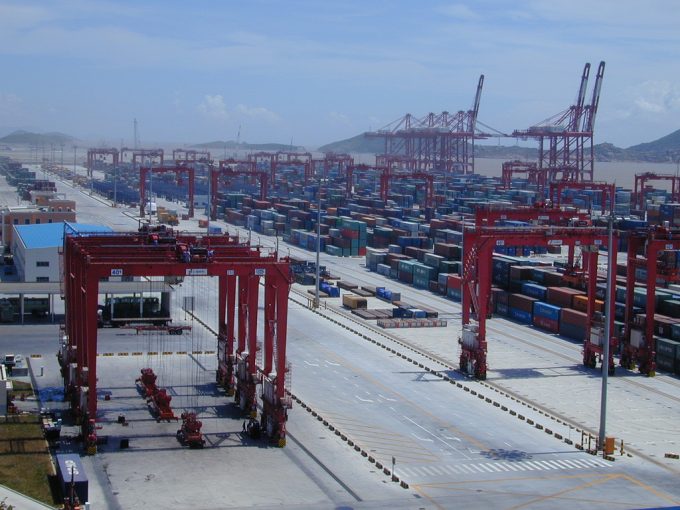MSC to launch new Oceania-US east coast Eagle service next year
Australian and New Zealand exporters to North America are set to get the second direct ...

Ocean carrier alliances are preparing to blank more than a third of their sailings from Asia over the coming weeks in response to a reduction in export freight, according to the latest report from Project44.
The blanking strategies by the alliances to mitigate the impact of ...

Comment on this article